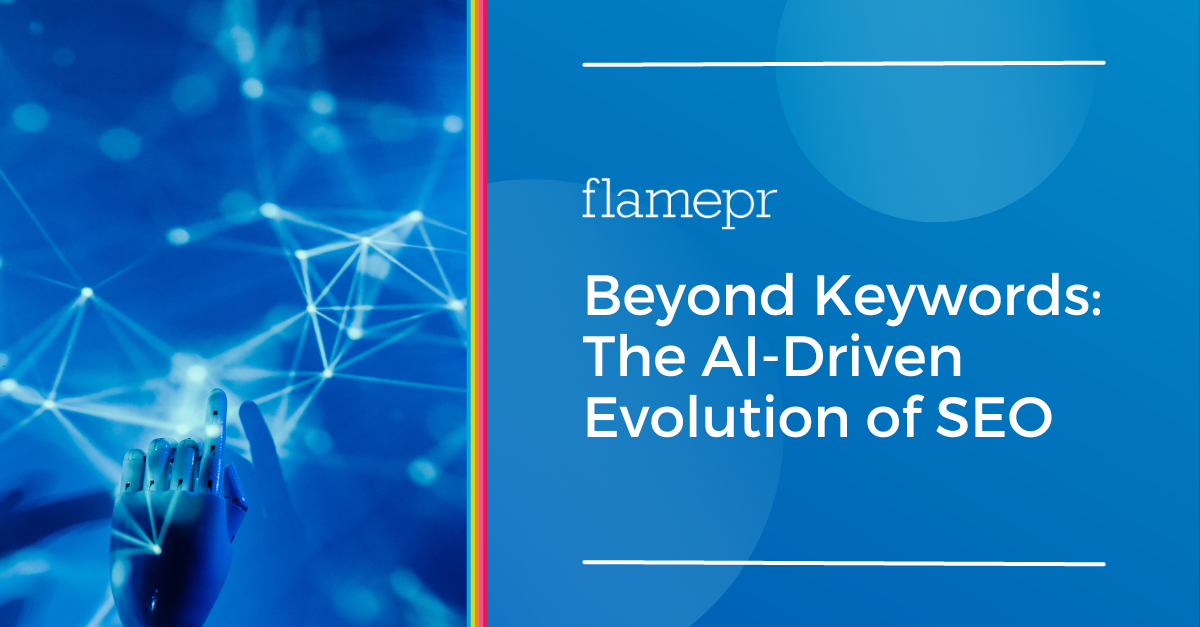by Oliver TraherneToday, nearly seven in ten online searches begin with a search engine. The likes of Google, Bing, and Baidu trawl the World Wide Web for websites and web pages where an ocean of content is crawled, indexed and, ultimately ranked based on their relevance and authority. The mastery of this process is widely known as search engine optimisation (SEO), and is now an essential tool for digital marketers and content specialists who seek to improve the quality and quantity of traffic to a website or web page. If you’re successful, an exponential increase in digital footfall is sure to put your company on the map. For the unsuccessful, banishment to the back pages of search engines awaits. With over 1 billion operational websites currently in operation, competition for the highest placements is increasingly fierce. Therefore, the differentiation and accuracy of your content are key in coming out on top, but as technology evolves, so does the art of search optimisation. In this blog, we will demystify the inner workings of the internet and guide you with the most cutting edge SEO strategies of today. AI is the Future Despite traditional SEO practices remaining relevant, no industry has been more profoundly impacted by AI than digital marketing. AI is now shaping how rankings are determined, using natural language processing to understand context, semantics and user intent. Concurrently, AI is opening up exciting opportunities for optimising content creation and conducting website audits. Leading SEO tools such as Hubspot AI and Surfer SEO use advanced analytics to assess website performance and suggest areas of improvement. This includes continuous website scans for detecting broken backlinks and typos, and even competitor trackers to enable your business to keep tabs on changes to other business’s rankings through push notifications. This can also allow you to monitor your competitors’ content strategies. Video SEO (VSEO) Video content has emerged as a dominant form of media consumption, and search engines are increasingly prioritising video results. Video SEO involves optimising videos to enhance their visibility in search engine results pages (SERPs) and maximise organic reach. With the average individual watching 100 minutes of online video content daily, attracting traffic through videos can foster a deeper relationship with your audience. AI is also playing a large role in Video SEO. Search engines are leveraging AI algorithms to automatically analyse video content, extract metadata, and understand a video’s context. AI-powered transcription and captioning tools empower companies to enhance their accessibility to effective SEO, making video content easily searchable and indexable. To add to this, by compressing videos for faster loading speeds, companies can cater to the average human attention span of 8 seconds, potentially influencing customer acquisition and retention. Developing a successful and futureproof SEO strategy should begin with two simple steps: incorporating AI SEO into your approach and tailoring your video SEO content. The former CEO of Google, Eric Schmidt, once said, “The internet is the first thing that humanity has built that humanity doesn’t understand”. However, armed with an arsenal of SEO knowledge, AI-powered tools, and a futureproofed video SEO strategy, your company can quantify engagement, identify user intent and drive audience growth.
0 Comments
Your comment will be posted after it is approved.
Leave a Reply. |
Blog Archives:
June 2024
|

